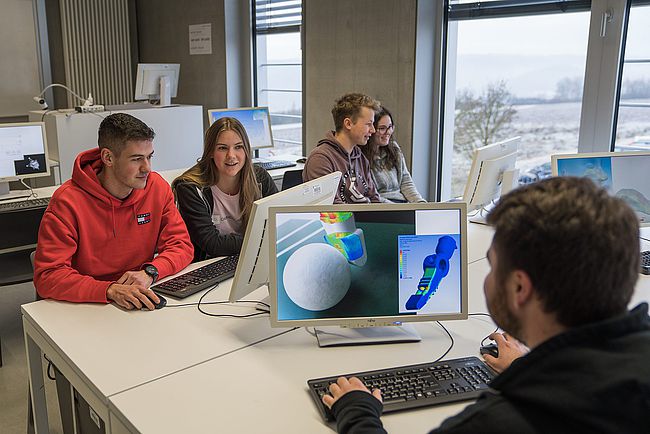
Bachelor of Science (BSc)
Mathematics
More about the course
The Mathematics bachelor’s programme teaches you the fundamental structures and methods of mathematics and about Pure Mathematics and Applied Mathematics. You can choose your minor subject freely according to your personal interest from the following subjects: Biology, Chemistry, Electrical Engineering, Informatics, Philosophy, Physics, Economics or an interdisciplinary subject.
There are many opportunities for you to emphasise certain areas of interest. In addition to the mathematical tools you also learn how to structure your thinking and working – a skill that employers highly regard in mathematicians.
Academic Degree
Bachelor of Science (BSc)
Type of Study
- full-time
Study Curriculum
Start of Study
- Each winter semester
Orientation Offer
Language of instruction
- German and English
Admission Requirements
- no restriction
Enrolment
ECTS Credits
180
Standard Period of Study
6



